Democratic Republic Of Congo
In eastern Democratic Republic of Congo, hopes for lasting peace remain fragile amid ongoing violence and stalled negotiations. The M23 rebel group, which controls significant territory in North Kivu, responded cautiously to a June 27 peace agreement signed in Washington between Kinshasa and Kigali. The deal aims to end hostilities and uphold territorial integrity, but M23 sees it as irrelevant.
“These are matters of state-level agreements... We don’t even know what was agreed in that accord,” said Benjamin Mbonimpa, Executive Secretary of AFC/M23.
Meanwhile, fighting continues across North and South Kivu, where Wazalendo militias allied with the Congolese army clash regularly with M23 forces. Peace talks launched in April in Doha between M23 and the Congolese government have stalled.
“AFC/M23 is engaged in peace talks. We believe in Doha, we believe in peace,” Mbonimpa stated. “We never wanted war; it was imposed on us.”
In Goma, under M23 control since late January, civilians express fatigue and uncertainty.
“We’ve heard of the talks in Doha, but nothing has changed,” said local resident Kasereka Amani. “They’ve never told us if M23 will leave.”
“All we want is peace,” added Justin Buwili. “But every time peace is discussed, fighting gets worse.”
Despite the impasse, M23 says it is preparing to send a new delegation to Doha in an effort to restart dialogue. Congolese officials say negotiations remain their preferred solution, though the rebels continue to accuse Kinshasa of blocking meaningful progress.




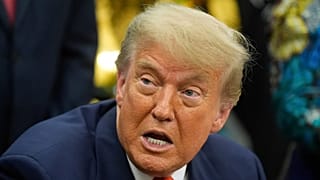
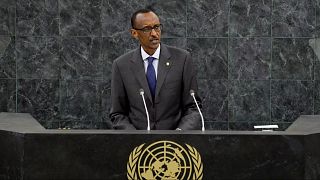
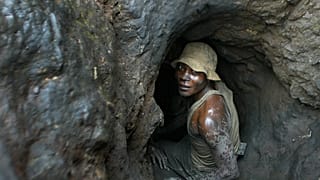

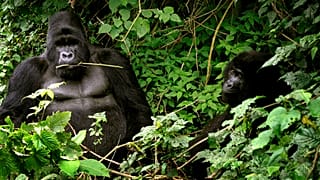
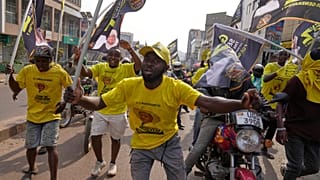
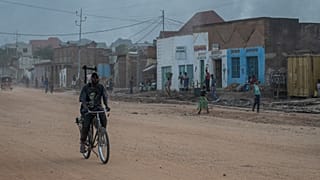
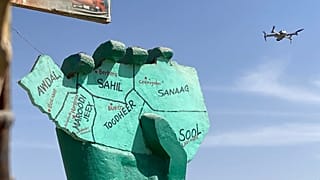
00:01
Uncertainty in Uvira as M23 rebels again announce withdrawal from eastern DRC city
01:10
Rwanda nominates former top diplomat for third term as Francophonie head
00:53
United Nations says more than 50 Congolese refugees have died in Burundi
01:36
DRC: Funeral held for victims of drone strike blamed on govt forces
Go to video
Renewed fighting near Uvira raises tensions in Eastern DR Congo
01:36
DRC, Liberia among five new non-permanent UN Security Council members